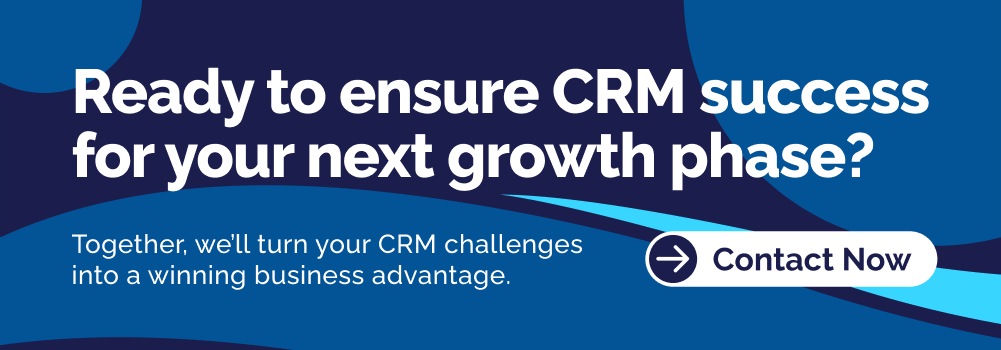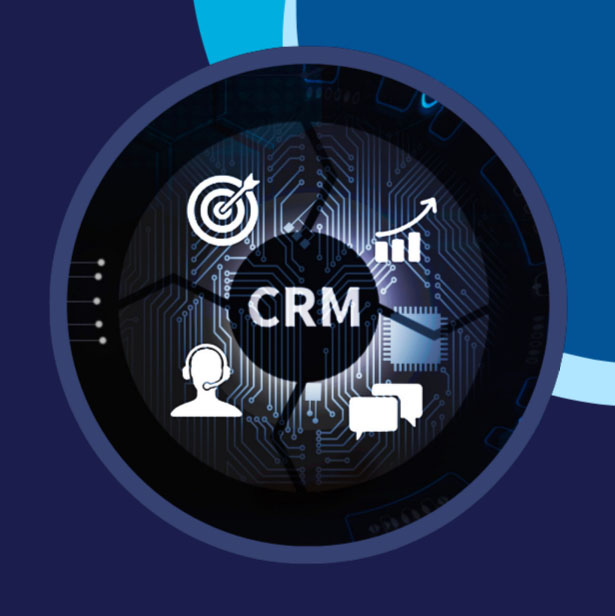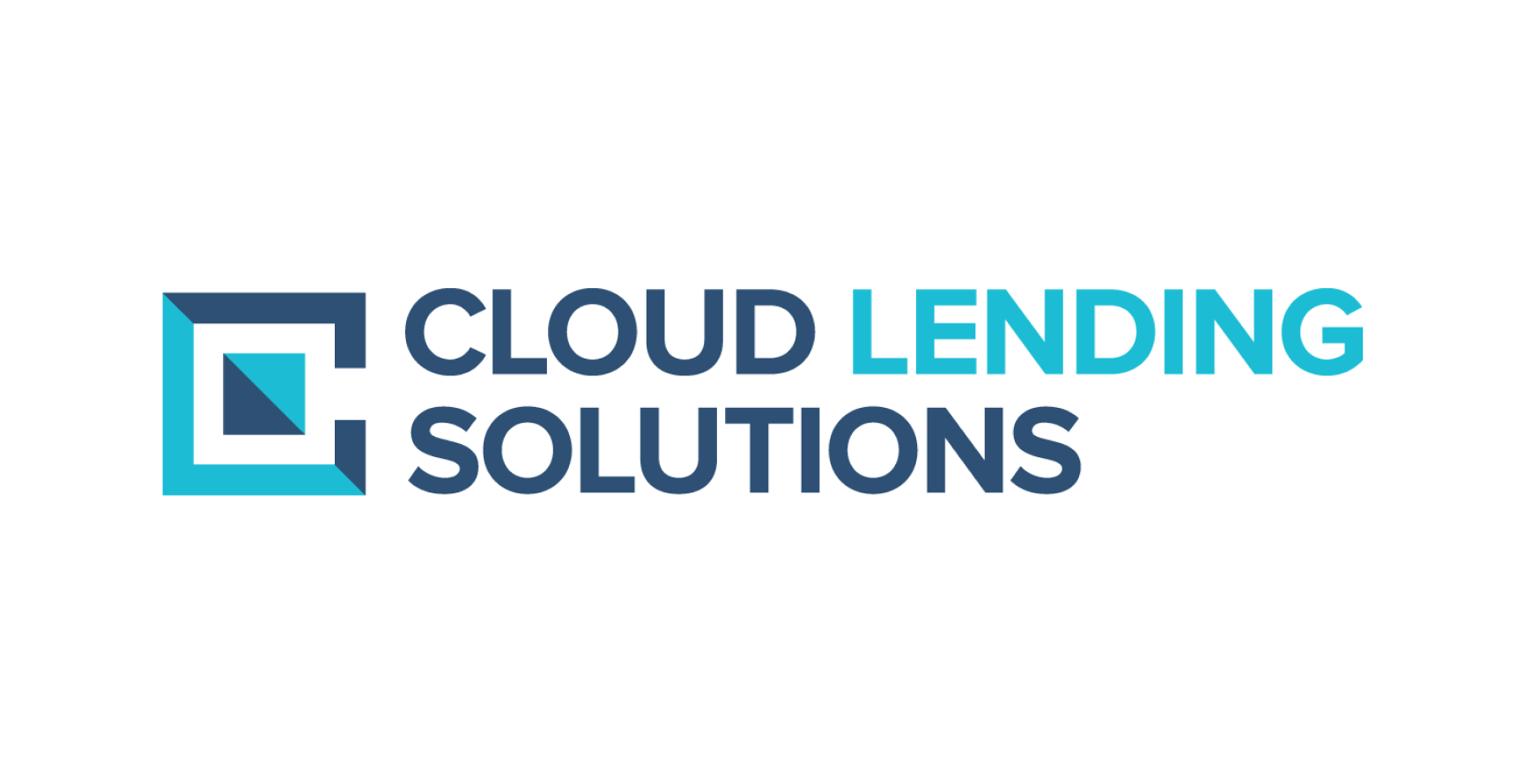CRM, zBlog
CRM Implementation Challenges: How to Avoid Pitfalls and Ensure Success
trantorindia | Updated: July 31, 2025
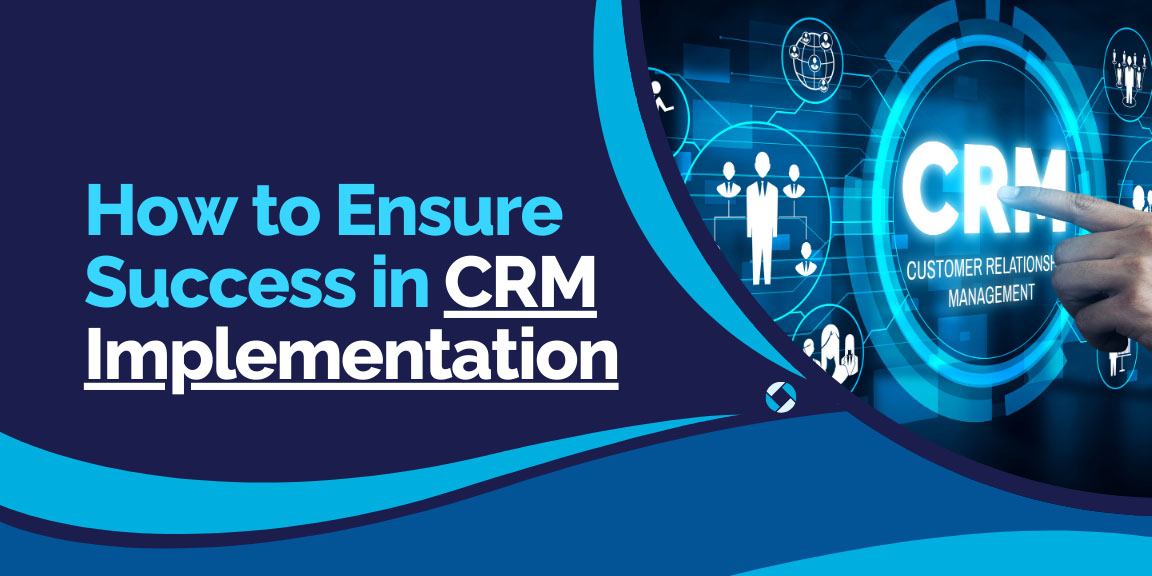
As businesses sharpen their focus on customer relationships amid fierce competition and ongoing digital evolution, CRM Implementation Challenges have emerged as critical success factors. Customer Relationship Management (CRM) systems are more powerful, Artificial Intelligence driven, and integrated than ever, yet their successful deployment remains complex. Enterprises attempting to harness the full potential of their CRM platforms often run into hurdles ranging from resistance to adoption and poor data quality to integration issues and evolving regulatory requirements.
This comprehensive guide explores the latest insights, best practices, and fresh trends around CRM implementation challenges, based on deep research and market-leading practices. Whether your goal is a smooth first-time rollout or a revitalized relaunch, you’ll find actionable advice to minimize risks and unlock the ROI you expect from your CRM investment.
Understanding CRM Implementation Challenges
CRM Implementation Challenges refer to obstacles organizations encounter during planning, configuring, integrating, and deploying customer relationship management systems. These challenges can be technological but often involve people, processes, and change management.
What Makes CRM Implementation Difficult?
- Sophisticated cloud ecosystems and AI-driven functionality increase system complexity but require better data and workflow management.
- User expectations for intuitive, personalized, and mobile-friendly platforms are higher than ever.
- Privacy regulations and data security realities require meticulous planning and constant vigilance.
- Seamless integration with internal and external systems such as ERP, marketing, analytics, and social platforms is critical but technically demanding and organizationally sensitive.
Common CRM Implementation Challenges
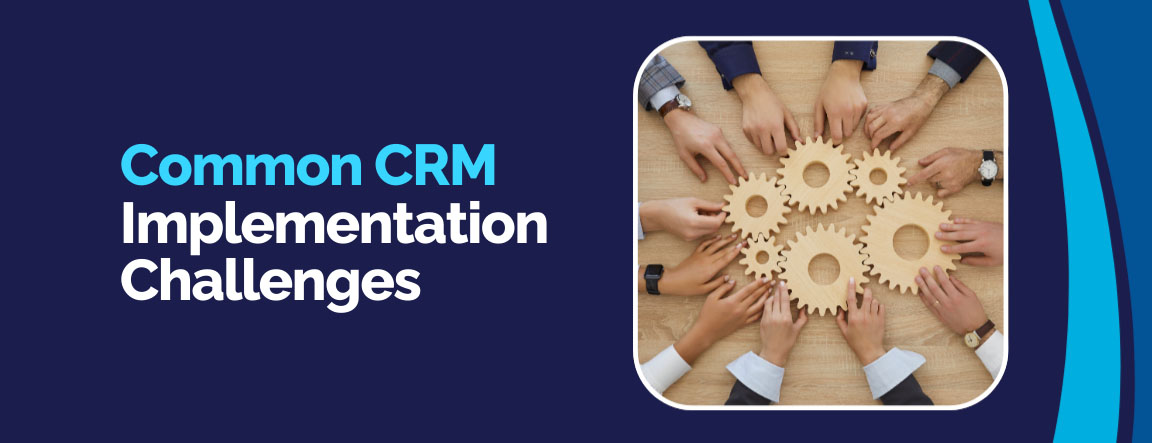
- Lack of a Clear CRM Strategy
Failing to align CRM deployment with business objectives and KPIs undermines long-term value. - Poor Stakeholder Engagement
Insufficient involvement of leaders and end-users breeds resistance and inhibits adoption. - Low User Adoption
Often caused by confusing design, unclear business value, or fear of change. - Data Quality Issues
Inaccurate, incomplete, or duplicated data causes reporting issues and operational errors. - Integration Difficulties
Complex integrations often result in data silos and manual workarounds. - Inadequate Training and Support
Lack of ongoing training diminishes employee confidence and competency. - Selecting the Wrong CRM Solution
Misfit solutions lead to costly migrations and frustration. - Over-customization and Complexity
Excessive customizations increase maintenance and upgrade challenges. - Weak Executive Buy-In
Without strong leadership, CRM projects struggle to secure resources and drive change. - Failure to Continuously Optimize
Not monitoring CRM adoption, usage, and evolving business needs results in wasted potential. - Ignoring Mobile Accessibility
As remote and field work increase, mobile-ready CRMs are essential but often neglected. - Security and Regulatory Compliance
Protecting customer data and adhering to regulations such as GDPR, HIPAA, and CCPA remains a top challenge.
New Trends and Insights Shaping CRM Success

Drawing from the latest reports and front-line case studies, these new trends influence CRM implementation challenges and opportunities:
- AI and Predictive Analytics
CRM platforms increasingly rely on Artificial Intelligence for lead scoring, forecasting, and marketing automation, highlighting the need for ongoing data refinement and staff upskilling. - Workflow Automation & No-Code Tools
More organizations leverage no-code and low-code workflow builders to automate routine tasks, but improper configuration risks creating “automation sprawl.” - Advanced Integration
Seamless flow between CRM and ERP, marketing, support, and third-party tools is critical for full customer visibility; business process management, middleware, and APIs are vital. - Mobile-First and Omnichannel Capabilities
Mobile and omnichannel CRM usage continues to surge, yet many organizations still roll out solutions without fully mapping all channel use cases. - Security-First Mindset
With CRMs processing more sensitive data, encryption, access controls, and ongoing security assessments are prioritized. - AI-Driven Hyper-Personalization
Real-time analytics and generative AI drive individualized engagement, requiring accurate 360° customer views and close collaboration with marketing and sales teams. - Change Management as Core Discipline
Success increasingly depends on dedicated change champions, continuous communication, and role-aware training, supported by human-centered AI principles.
Best Practices to Overcome CRM Implementation Challenges
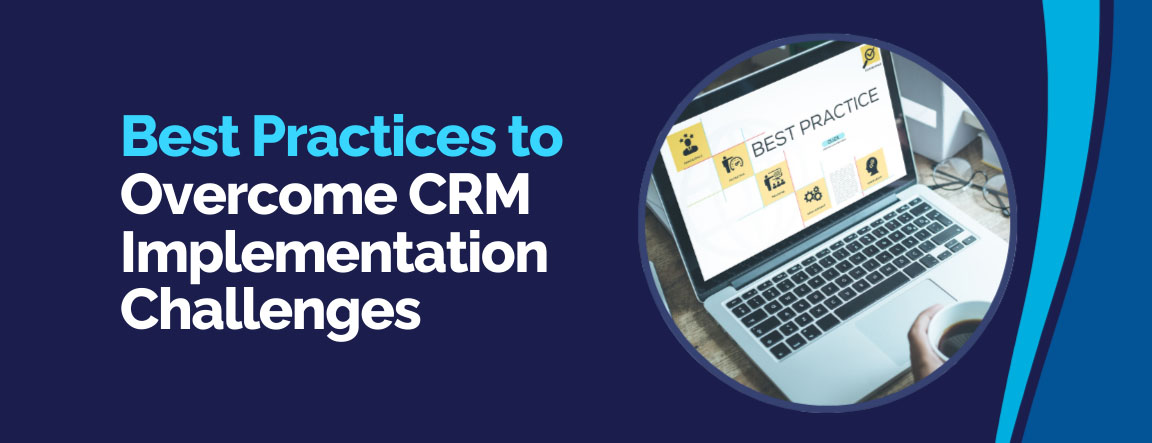
To get your CRM rollout right, follow these best practices:
- Define Clear Business Objectives and KPIs
Link CRM goals to measurable outcomes such as reducing churn, accelerating sales cycles, or boosting upsell rates. Engage stakeholders early and revisit objectives over time. - Conduct a Thorough Needs Assessment
Evaluate workflows, integration needs, compliance, and growth potential before selecting a CRM. Demand demos and review industry use cases. - Plan Rigorous Data Management
Audit, cleanse, and validate data before migration. Establish continuous data hygiene and governance policies. - Invest in Integration and Interconnectivity
Map business systems and confirm integration pathways. Use middleware, APIs, or connectors where native integrations don’t exist. - Commit to User Training and Ongoing Support
Provide onboarding tailored by role and offer ongoing refreshers plus accessible documentation. Recognize “power users” and celebrate early wins. - Champion Change Management and Adoption
Appoint change champions, engage users throughout design and rollout, and incentivize adoption through recognition, gamification, or rewards. - Avoid Over-Customization
Focus on business-driven configurations; avoid unnecessary customizations that increase complexity and maintenance burden. - Ensure Strong Executive Sponsorship
Maintain visible executive involvement to secure resources, drive change, and demonstrate project value. - Prioritize Security and Compliance
Enforce role-based access, strong authentication, and continuous activity auditing. Stay current with regulatory requirements. - Monitor, Optimize, and Iterate
Use dashboards and reports to analyze CRM usage and KPIs. Automate reminders and treat the CRM as a continuously evolving platform.
Avoiding Common Pitfalls: Lessons from Recent Projects
Failures often stem from:
- Misalignment with core business processes
- Rushed or underestimated data migration
- Over-complex or over-engineered tools alienating users
- Neglecting mobile accessibility
- Treating training as a one-time event instead of ongoing
- Skipping critical integrations, creating silos
- Neglecting post-launch optimization
Innovative Approaches for CRM Success
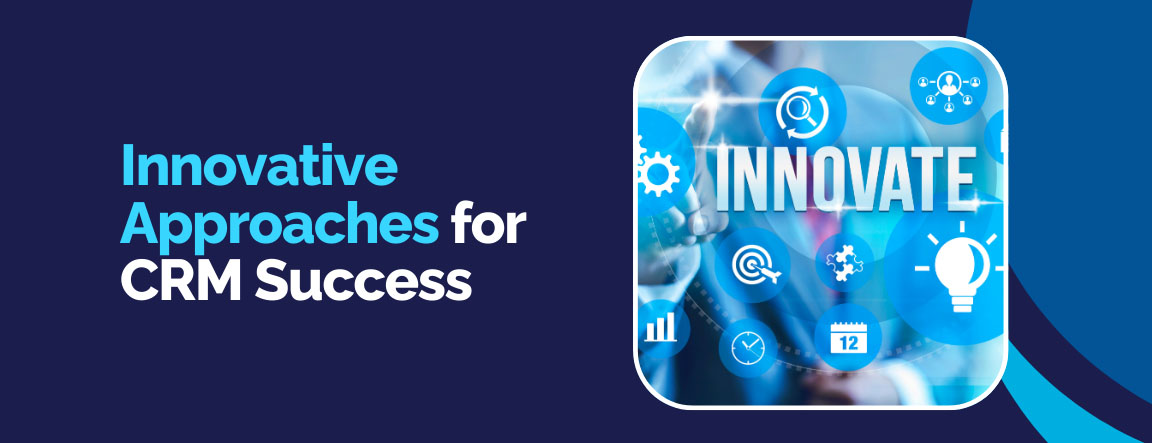
- Human-Centered Design
Involve end users in discovery and design to ensure relevance and ease of use. - AI-Driven Assistance
Use in-app AI to guide data entry, suggest next steps, and maintain data hygiene automatically. - Business-IT Partnerships
Foster collaboration to align technical and business process requirements. - Continuous Learning
Integrate ongoing training into business routines with webinars, tutorials, and peer coaching.
Real-World Case Studies
- Retail:
A national retailer improved CRM adoption by investing in change champions, targeted training, and workflow-focused dashboards, leading to a 60% increase in user engagement. - Healthcare:
A healthcare network leveraged appointment reminders and data-compliance controls within the CRM, reducing missed appointments by 25% and passing a rigorous data audit. - Professional Services:
A consulting firm improved client handoffs by prioritizing CRM integration with project management tools, reducing churn and accelerating transitions.
Frequently Asked Questions
Why do most CRM projects still fail?
User adoption issues, data quality problems, and integration gaps remain the top reasons—not just technology limitations.
What is the biggest overlooked risk?
Underestimating the importance of change management, especially when moving from legacy to AI-powered CRMs.
How long does a typical CRM implementation take?
Small businesses may take two to four months; enterprises often need six months to a year depending on scope.
How can we future-proof our CRM?
Focus on scalability, integration, vendor support, and continuous learning. Include updates and system evolution in your roadmap.
Conclusion
At Trantor Inc., we understand that overcoming CRM Implementation Challenges is more about people and processes than just technology. Success requires aligning CRM strategy tightly with business goals and culture, supported by robust change management and continuous improvement.
From data hygiene to integration and user empowerment, a thoughtful CRM implementation can transform customer engagement, sales effectiveness, and operational agility. Partner with Trantor Inc. to turn these challenges into opportunities and lead your market with a CRM system that truly delivers value.
